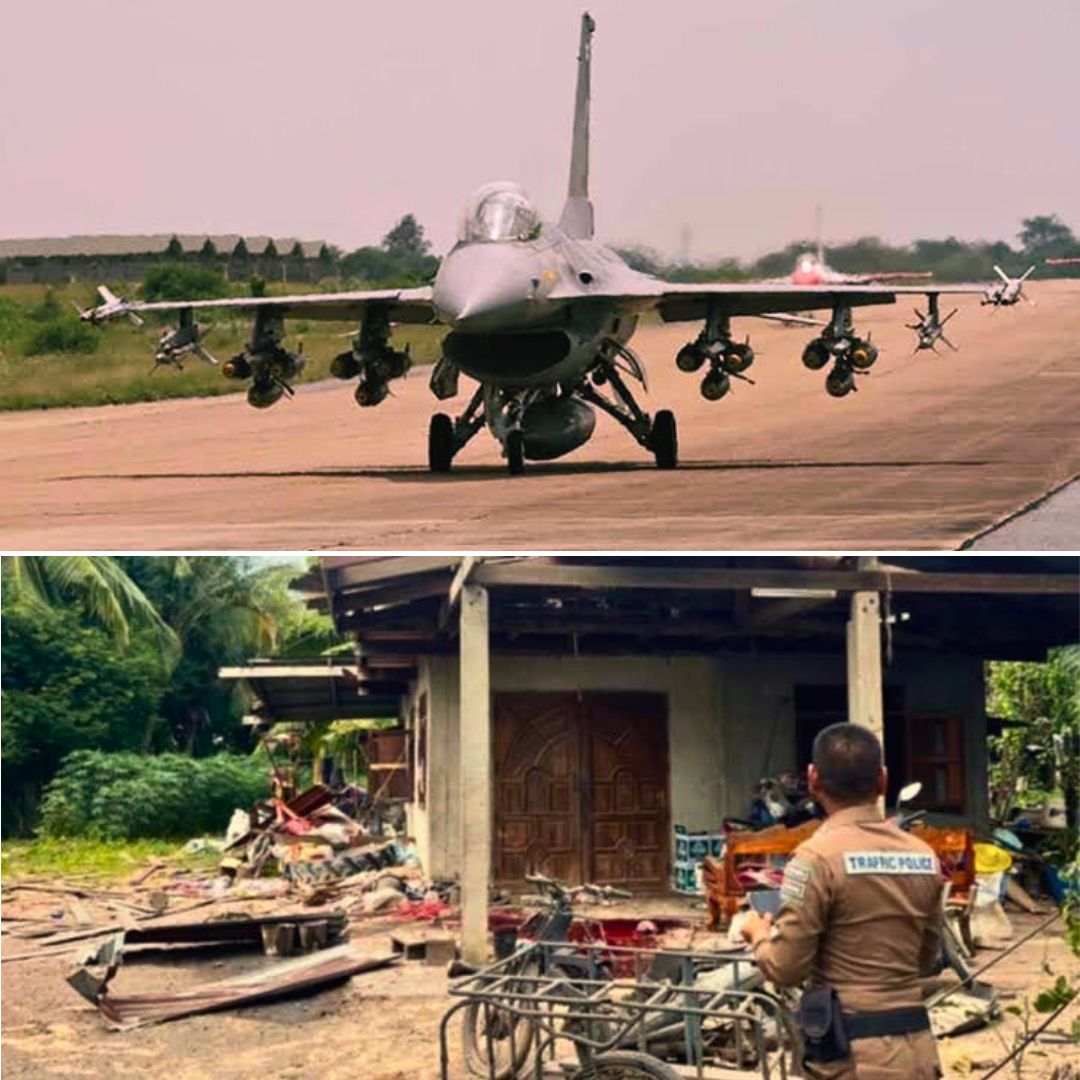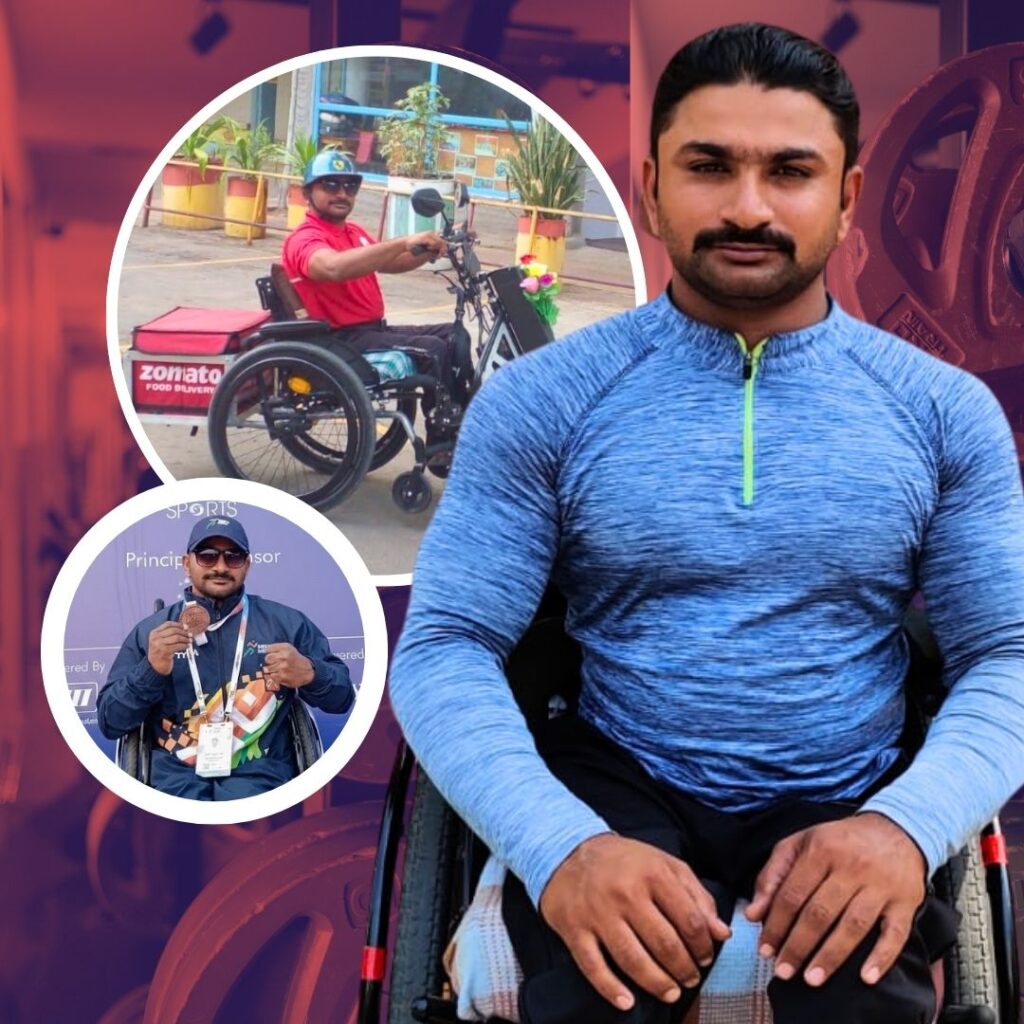The long-simmering border conflict between Thailand and Cambodia has intensified into the deadliest fighting in over a decade, resulting in at least 14 deaths and displacing more than 120,000 people as of July 2025. Heavy artillery exchanges and Thai F-16 airstrikes have marked the escalation along their disputed 817-kilometre frontier.
Both nations accuse each other of initiating the violence and targeting civilians. Thailand claims Cambodia used rocket launchers on civilian areas, while Cambodia alleges Thailand deployed banned cluster munitions. International powers, including the United States and ASEAN members, have called for an immediate ceasefire and peaceful negotiations amid fears of broader regional destabilisation.
Escalation of Hostilities and the Human Toll
The recent surge in hostilities has shattered a fragile calm that had persisted along the Thai-Cambodian border. Fighting erupted simultaneously at multiple points along the border, involving artillery bombardments, rocket attacks, and a significant air component with Thailand deploying six F-16 fighter jets. One jet reportedly destroyed a Cambodian military position, contributing to the sharp escalation. Meanwhile, Cambodia has responded with BM-21 rocket launchers and rocket systems mounted on trucks, which Thailand alleges targeted civilian settlements.
The impact on local communities has been devastating. More than 120,000 people have fled their homes to escape the violence, with at least 40,000 displaced within Thailand alone. In Surin province, the shelling of a local hospital shocked observers and was described by Thai officials as a war crime. Civilians, including children and elderly residents, have sought refuge in reinforced bunkers and makeshift camps, facing acute shortages of food, water, and medical support. Official casualty reports list 12 fatalities in Thailand, including an eight-year-old boy, while the exact number of Cambodian deaths remains unverified due to ongoing clashes and restricted access.
Both governments blame one another for initiating the hostilities, with Thailand accusing Cambodia of targeting civilians and Cambodian authorities asserting that Thai forces used cluster munitions banned under international law. The exchange of accusations complicates efforts to establish an independent and transparent account of events on the ground.
Historical Disputes and Diplomatic Fallout
The roots of the latest flare-up lie in century-old border disputes revolving around territory deemed historically and culturally significant by both countries. The Preah Vihear temple, a UNESCO World Heritage site, stands at the heart of these disputes. Awarded to Cambodia by the International Court of Justice in 1962, the temple and surrounding land have remained contested, with both sides maintaining a military presence in the area.
Tensions escalated recently after Thai soldiers suffered injuries from landmines along the border – an incident Thailand alleges was instigated by Cambodian forces. In response to the deteriorating situation, Thailand downgraded diplomatic relations by recalling its ambassador and expelling Cambodia’s envoy. Cambodia, for its part, has sought international legal intervention, appealing to the United Nations Security Council to address what it calls “unprovoked military aggression” by Thailand. Thailand, meanwhile, has expressed preference for bilateral talks over external involvement.
The ongoing stalemate poses significant challenges for regional peace. ASEAN leaders have called for restraint from both parties, while China has offered mediation to help ease tensions. These interventions underscore the geopolitical importance of maintaining stability along this volatile border zone.
The Logical Indian’s Perspective
The escalating violence between Thailand and Cambodia is a stark reminder of the catastrophic human costs that arise when historical grievances, nationalism, and unresolved territorial disputes escalate into armed conflict. The suffering of over 120,000 displaced individuals, including vulnerable populations like children and the elderly, demands urgent attention and concerted efforts toward lasting peace.
We at The Logical Indian stand resolutely for diplomacy, empathy, and coexistence as the foundations for resolving such deeply rooted conflicts. Military escalation is neither a solution nor a path to justice — it only magnifies suffering and undermines regional stability. Both governments, supported by the international community, must prioritise dialogue over aggression and protect civilian lives above political pride.












